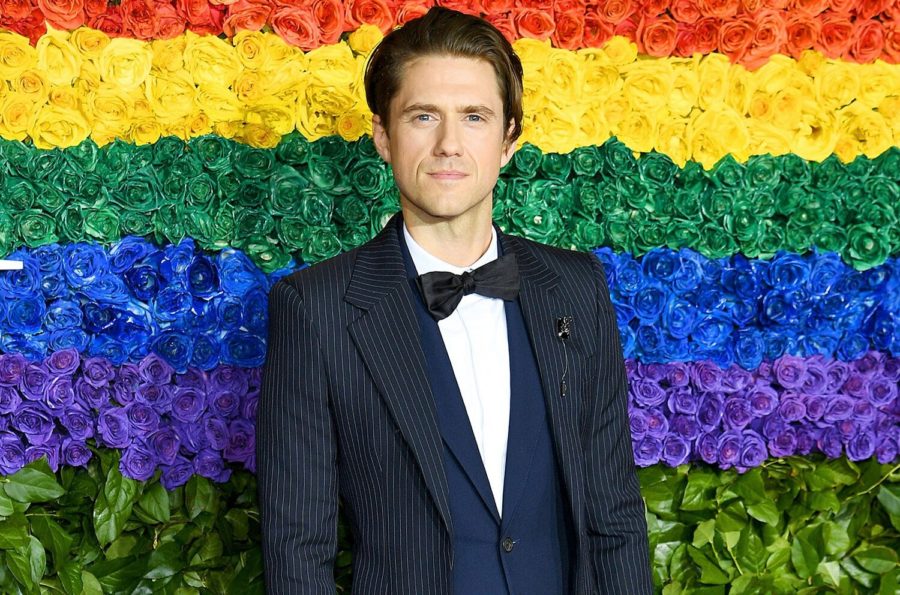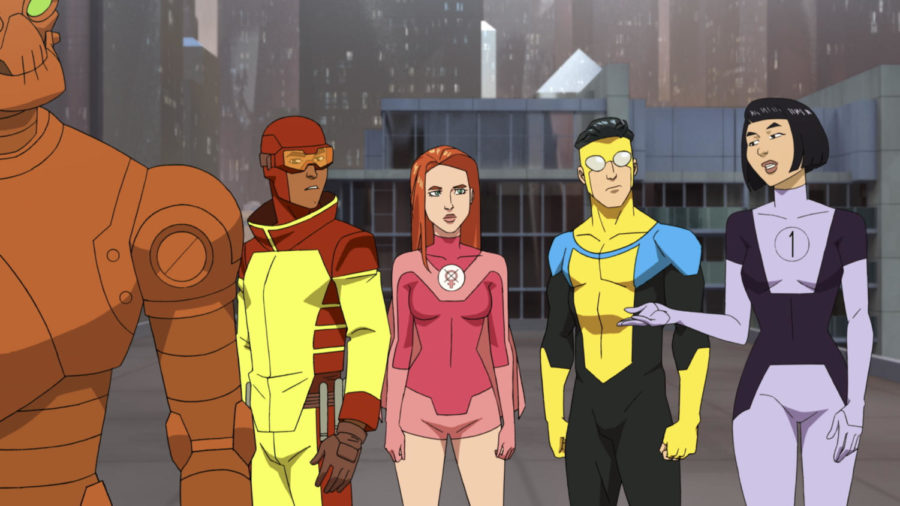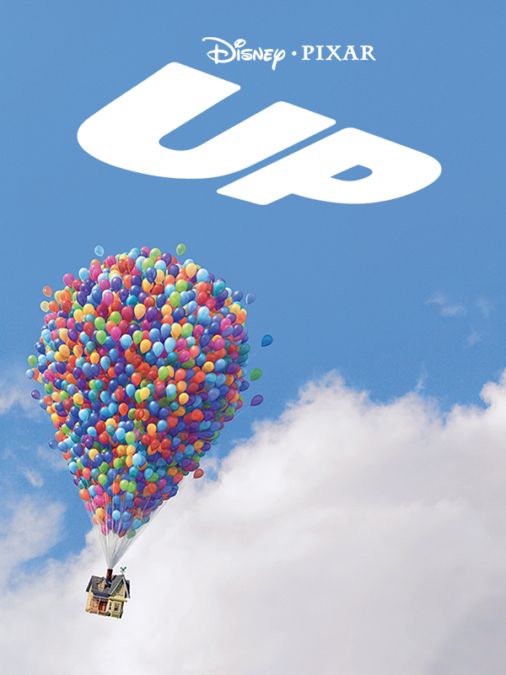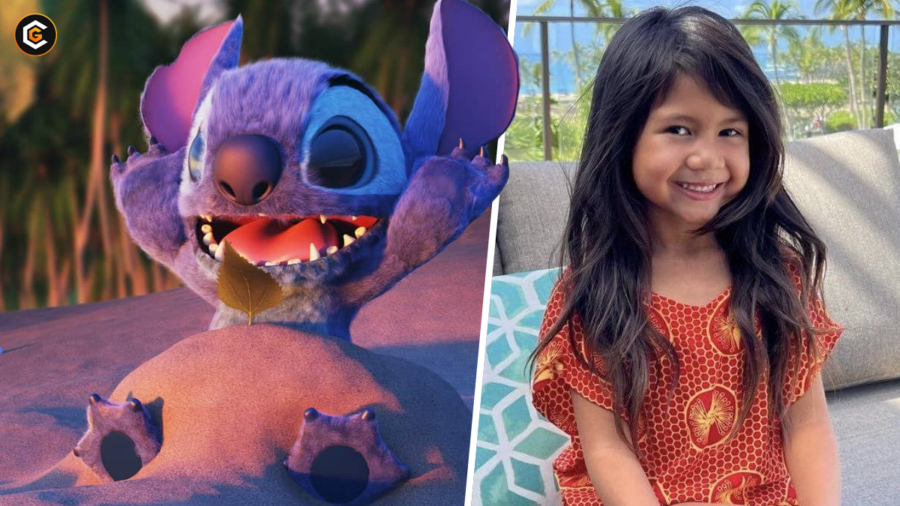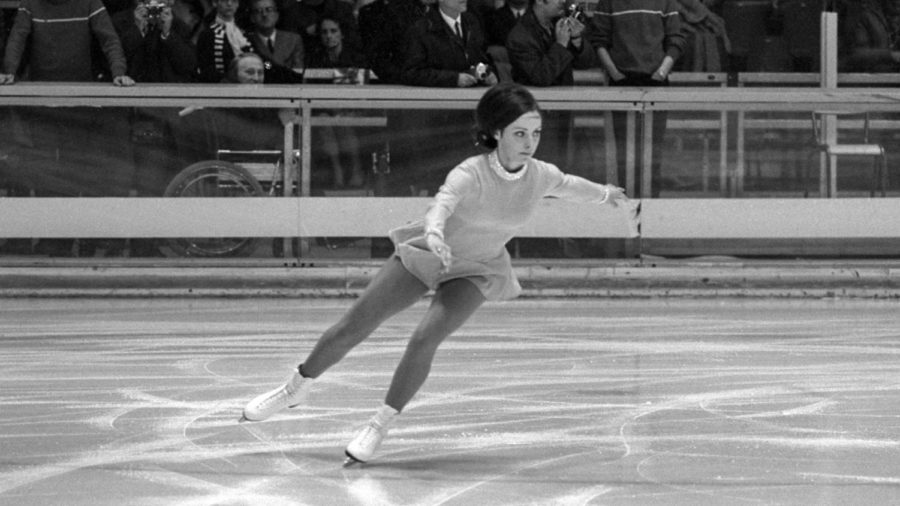As ecstatic as I am that my collegiate peers are taking up arms to become SmartPhone activists as the Kony2012 video reaches viral status, I wish more time were spent researching this complex subject matter than frantically tweeting #Kony2012.
The Kony2012 campaign grossly misrepresents and manipulates facts for a commercial purpose, risking dangerous implications for the people of Uganda.
Let’s begin by establishing Joseph Kony is not in Uganda. He has not been there for years. The video failed to distinguish between the past and present, showing atrocities as the current situation in Uganda; in reality, the Lord’s Resistance Army has not launched a single attack on Ugandan soil since they were driven out by the government’s National Resistance Army in 2006.
Implying the LRA is actively terrorizing Northern Uganda will have a drastic effect on the state’s economy by deterring foreign investors and tourists due to raised security concerns over distorted facts. It paints Uganda with the stereotypes of a war-torn, African nation, detracting attention from more current and pressing issues the country is facing.
Humor me for a second. Let’s imagine that Kony is in Uganda. What happens after his arrest? Does everything go back to normal? No.
The conflict in Uganda will not end with Joseph Kony. Nor did it begin with him.
The segment explaining the history of the conflict in the original Invisible Children documentary showed only half the picture. We’re looking at centuries’ worth of tension between the north and south, created and perpetuated by British colonists who used the strategy of “divide-and-rule” to maintain control of Uganda. The country’s politics became militarized shortly after its independence by the regimes of Milton Obote, Idi Amin, and Tito Okello, all of whom carried out mass killings to exert their power over Ugandans. Insurgency groups rose to combat these governments, with each group leaving a trail of blood in regional violence. The LRA was just one of these groups (albeit, one of the most deadly groups).
What this campaign does is reduce the conflict into a simple narrative of the good guy versus the bad guy. Roughly ten minutes into the video, Jason Russell asks his three year old son to name the bad guy in Uganda. The thing is, there is no single bad guy. Joseph Kony isn’t the only one committing war crimes. By highlighting only side’s brutality, you give the other assailants a free pass to commit mass atrocities without being held accountable because we only know one side of the story.
Let’s talk about Uganda People’s Defense Force, the Ugandan national army formerly known as the National Resistance Army. Led by now-President Yoweri Museveni (who’s been in office for a whopping twenty-six years), they deposed dictator Tito Okello. Since becoming the legitimate national army, they have been in the North in a counterinsurgency campaign. Amnesty International reports thousands of civilians massacred, detained illegally without charge, raped, beaten, and tortured.
Amnesty reports that “the army seems to have been given a free hand in the north of Uganda. The government occasionally announces investigations into alleged violations by soldiers, but these rarely have any result.”
This is the same army you will be funding if you support intervention in Uganda.
In the film, Jason Russell said “In order for Kony to be arrested this year, the Ugandan military has to find him. In order to find him, they need the technology and training to track him in the vast jungle. That’s where the American advisors come in.”
Does he understand the implications of what he is suggesting?
When you support intervention, you’re giving legitimacy to a brutal, corrupt government. The US government will further support the Museveni government, providing military and economic support to the very groups abusing human rights.
When was Yoweri Museveni even mentioned in the film? He is a man responsible for the deaths of as many Acholi people as Joseph Kony. His government has forcefully relocated nearly 2 million ethnic Acholi people into refugee concentration camps.
The World Health Organization released a report in 2005, estimating “that more than 1,000 civilians per week (or 52,000 annually) died in these camps from treatable diseases, lack of hydration, and from starvation.”
This will get worse if we intervene.
Invisible Children may have good intentions, but these oversimplifications can prove dangerous for the people of Uganda. This is why I cannot support #Kony2012.

